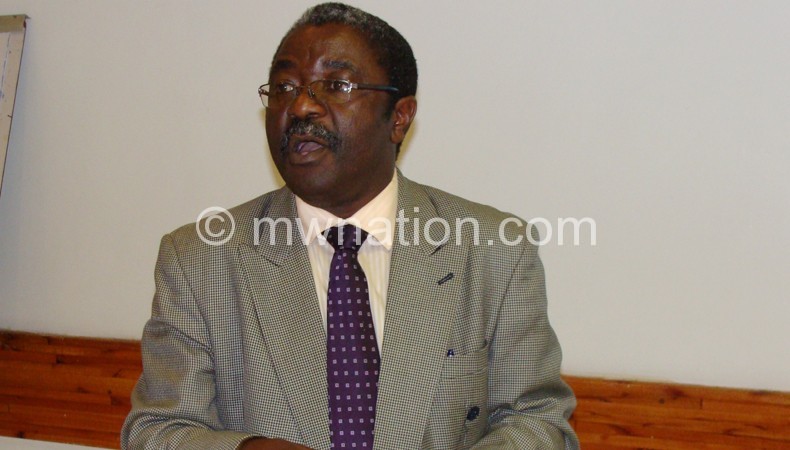Many parties ignore MBC in manifestos
While opposition parties continue to complain about Malawi Broadcasting Corporation (MBC) bias towards ruling parties since the dawn of plural politics in the country, out of the four parties rated as front-runners in the May 20 Tripartite Elections, only two have mentioned the public broadcaster in their promises to the electorate.
The two are Malawi Congress Party (MCP) and Democratic Progressive Party (DPP).

In its manifesto, MCP says it will allow all political parties to be heard on MBC whereas DPP has gone further to say that a special committee will be set up to oversee the appointment of the public broadcaster’s director general.
Currently, campaigning for the elections is in progress.
During the first and second National Elections Consultative Forum (Necof) meetings, stakeholders complained about MBC’s conduct and the Malawi Electoral Commission (MEC) issued a code of conduct for the media, including MBC.
Seeing that the code of conduct is not being followed, last Friday MEC met MBC officials to express its concern, but also to map the way forward on the public broadcaster.
“The meeting [with MBC board] was heard to discuss various concerns and published reports of unfair coverage of contesting political parties in the 20 May 2014 elections. It was observed that MBC has been giving prominence to the ruling party while at the same time marginalising the opposition political parties,” said a statement from MEC, signed by chief elections officer Willie Kalonga.
There have been suggestions that a strong legislation is the only solution to MBC’s bias.
However, Edge Kanyongolo, an associate professor of law at Chancellor College, a constituent college of the University of Malawi, disagrees.
Kanyongolo believes that there is no need for legislation as the Communications Act is clear. He cited Section 87 (2) (d) which says that MBC shall provide balanced coverage of any elections.
“That means that the problem is not about legislation but enforcement because the Act is clear. The only problem is that those that are supposed to enforce it are the ones that are benefitting,” he said.





